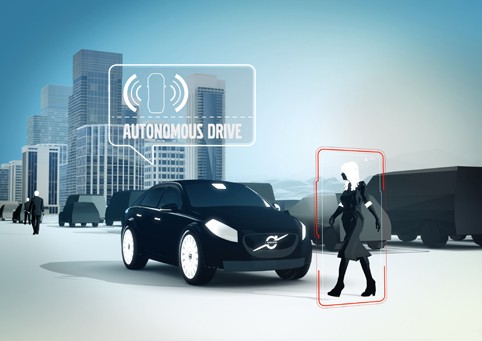Somewhat later than some other countries, the UK is to prepare the way for driverless cars to be on public roads by next year. But there are significant legal barriers which must be overcome before this can happen.

A quick straw poll among Engineer staff indicates that we’re broadly in favour of autonomous vehicles, but people have a range of concerns. Chief among these is the liability issue: should an autonomous vehicle be involved in an accident, who is liable? The car owner? The car maker? The manufacturer of the autonomy system? The producer of the software that system is running?
’Is there a need for somebody capable of taking control to be in the vehicle at all times?
Then there’s the issue of overriding the system. Is there a need for somebody capable of taking control to be in the vehicle at all times? If not, there would be nothing to stop a drunk person (or even a child) getting into the car and pressing ‘go’. If there is, what state of readiness would that person have to be in? Hands on the wheel at all times? Would they be able to use a mobile phone, for example? What if they nodded off on the motorway?
Another issue is how emergency services might deal with autonomous vehicles. Would they be able to ‘force’ vehicles out of their way by vehicle-to-vehicle communication? Could they order vehicles to pull over? How do you identify an autonomous vehicle from the outside, anyway?
On the whole, it’s probably true that, on balance, autonomous vehicles would make the roads safer. They wouldn’t try some of the more audacious — if not downright dangerous – manoeuvres one sees every day on the road. Presumably the autonomy system would be programmed to comply with the Highway Code, although it might be that some version of Isaac Asimov’s Laws of Robotics might be needed in the case of collision avoidance. Autonomous heavy freight vehicles might well appear safer for surrounding vehicles than the current behemoths, which often seem barely under control of drivers who are possibly unfamiliar with British roads and might be sleep-deprived.
The reason for making this move is that the government wants to promote Britain as a centre for autonomous vehicle development. Japan and several US states already allow autonomous vehicles, and Gothenburg in Sweden is to allow a fleet of 1,000 autonomous Volvos on its roads by 2017. And with robotics seen as a key area of technological development for the UK, this certainly makes sense. But manufacturers will need clear guidelines for what they will and won’t be able to do – and other road users will need to be aware of the rules as well.




Collaboration to address viable solutions for VAWG database
<blockquote>address the lack of standardisation, coordination, and collaboration of gender disaggregated data intelligence across various regions,...